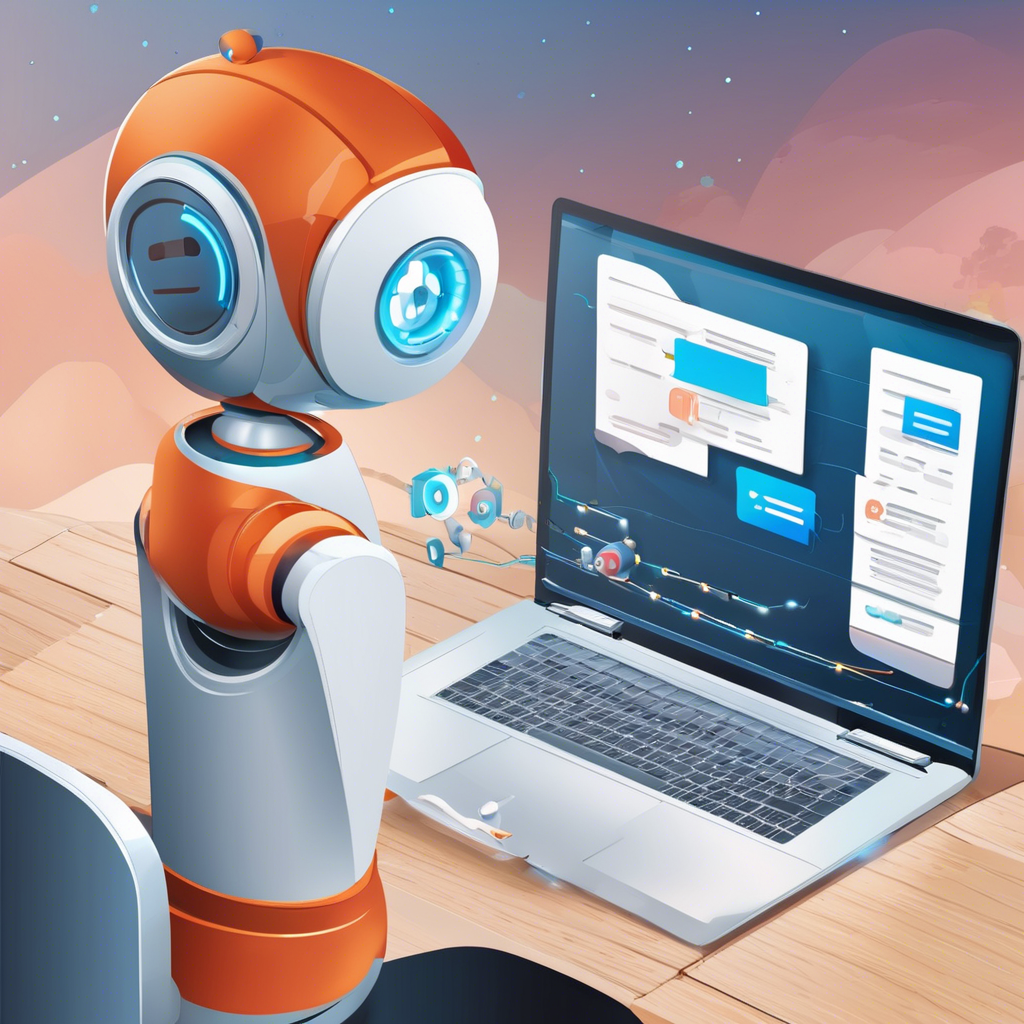Chatbot software has revolutionized the way businesses interact with customers online. These AI-powered programs are designed to simulate conversations with human users, providing assistance, answering questions, and even completing transactions. Chatbots can be found on websites, social media platforms, and messaging apps, offering a seamless and efficient way for companies to engage with their audience.
One of the key benefits of using chatbot software is its ability to provide instant responses to customer inquiries. Unlike human customer service agents, chatbots are available 24/7 and can handle multiple conversations simultaneously, ensuring that no query goes unanswered. This level of responsiveness not only improves the customer experience but also helps businesses save time and resources.
Chatbots are also valuable tools for automating routine tasks, such as scheduling appointments, processing orders, and providing product recommendations. By delegating these repetitive processes to chatbots, businesses can streamline their operations and free up their human employees to focus on more complex and strategic tasks. This increased efficiency can lead to cost savings and improved productivity.
In addition to handling customer inquiries and automating tasks, chatbots can also collect valuable data that can be used to improve business operations. By analyzing the conversations and interactions that take place through the chatbot, companies can gain insights into customer preferences, pain points, and trends. This data-driven approach enables businesses to make informed decisions and tailor their offerings to better meet customer needs.
Another advantage of chatbot software is its scalability. As businesses grow and their customer base expands, chatbots can easily handle the increased volume of inquiries without the need for additional resources. This scalability ensures that companies can continue to provide high-quality customer service and support, even during periods of rapid growth.
Chatbots are also versatile tools that can be customized to suit the specific needs and preferences of different businesses. From creating personalized shopping experiences to delivering targeted marketing messages, chatbots can be programmed to perform a wide range of functions that align with the brand and goals of the company. This flexibility makes chatbot software a valuable asset for businesses across various industries.
Moreover, chatbots are constantly evolving as technology advances, offering new capabilities and features that enhance their functionality. From natural language processing to machine learning algorithms, chatbots are becoming increasingly sophisticated in their ability to understand and respond to user queries. This continuous innovation ensures that chatbot software remains an effective and valuable tool for businesses in the digital age.
Despite the many benefits of chatbot software, there are some challenges and limitations to consider. One common concern is the potential for chatbots to misunderstand or misinterpret user inputs, leading to frustrating and unsatisfactory interactions. To address this issue, companies must invest in training and fine-tuning their chatbots to ensure accurate and relevant responses.
Another challenge is the need to strike the right balance between automation and human intervention. While chatbots excel at handling routine tasks and queries, there are certain situations that require the human touch, such as complex problem-solving or emotional support. Finding the optimal mix of automated and human interactions is essential to providing a seamless and personalized customer experience.
Furthermore, privacy and security are important considerations when using chatbot software, as these programs often handle sensitive information from users. Companies must implement robust data protection measures and comply with regulations to safeguard customer data and maintain trust. Transparency about how data is collected, stored, and used is key to building a strong relationship with customers.
In conclusion, chatbot software offers numerous benefits for businesses looking to enhance their customer service, streamline operations, and gain valuable insights. By leveraging the power of AI and automation, companies can improve efficiency, scalability, and customer engagement. While there are challenges to overcome, the potential of chatbots to transform the way businesses interact with customers is undeniable. As technology continues to advance, chatbot software will play an increasingly important role in shaping the future of customer service and business communication.
